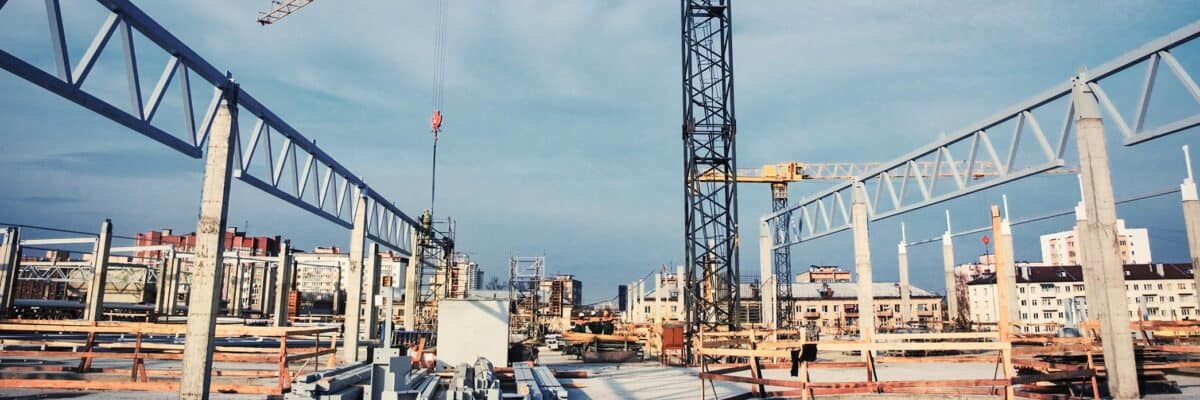
One in two German industrial companies in China wants to increase its investment in the country. Eight in ten companies consider the development of new products for the local market important. However, the companies have not yet truly arrived in the Asian country. In more than half of the companies, decisions about innovations rest almost entirely with German managers. This has been confirmed by a study of more than 500 companies conducted by the German Chamber of Commerce in China in cooperation with the Staufen AG business consultancy. In 55% of companies, German executives determine the products that are to be developed specifically for the Chinese market. Only in a quarter of companies, such decisions rest with local managers. “The industry is as yet reluctant to delegate responsibility to China”, explains Dr. Ulrich Frenzel, research and development expert at the Staufen business consultancy. “This is a mistake because the needs of Chinese customers are significantly different from those of their European counterparts. For that reason, it is crucially important to let local managers decide about products and services. Subsidiaries in the country should not delay cutting the cord to the parent company.” The same applies to the selection of cooperation partners in product development. For three-quarters of companies, the head office in Germany takes first place, only one in five also involves local universities in R&D activities. In the words of Staufen expert Frenzel: “To develop networks and cooperate with local partners is the central challenge and crucial for the success of companies that want to be active on the Chinese market or that already are”. In the future, opportunities for German industrial companies in China are mainly in the middle segment which according to new study by the VDMA will develop into the largest subsegment of Chinese machine engineering – from currently 34 percent of the total market to more than 40 percent in three to five years. In this area, in particular, German companies with their traditional focus on high-price machines lack the knowledge of the needs and expectations of local customers. It is not the know-how from far-away Germany that is needed here, but the expertise of Chinese specialists.
